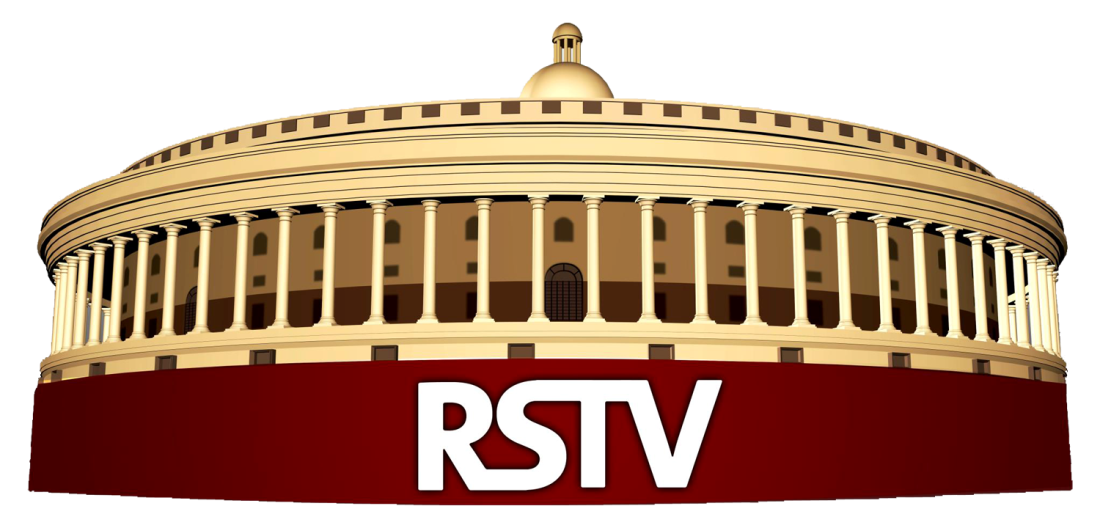[ad_1]

Introduction:
Centre Government had announced rules for social media platforms in the ‘significant social media intermediaries’ category and provided a three-month compliance window. These Rules substantially empower the ordinary users of digital platforms to seek redressal for their grievances and command accountability in case of infringement of their rights.
New rules:
- It mandates a grievance redressal system for over the top (OTT) and digital portals in the country. This is necessary for the users of social media to raise their grievance against the misuse of social media.
- Significant social media firms have to appoint a chief compliance officer and have a nodal contact person who can be in touch with law enforcement agencies 24/7.
- A grievance officer: Social media platforms will also have to name a grievance officer who shall register the grievance within 24 hours and dispose of it in 15 days.
- Removal of content: If there are complaints against the dignity of users, particularly women – about exposed private parts of individuals or nudity or sexual act or impersonation etc – social media platforms will be required to remove that within 24 hours after a complaint is made.
- A monthly report: They also will have to publish a monthly report about the number of complaints received and the status of redressal.
- There will be three levels of regulation for news publishers — self-regulation, a self-regulatory body, headed by a retired judge or an eminent person, and oversight from the Information and Broadcasting Ministry, including codes of practices and a grievance committee.
Rise of Social Media in recent decade:
- The phenomenal rise of social media (SM) platforms such as Facebook, Twitter and others is proving to be a double-edged sword in the functioning of democracies.
- On the one hand, it has democratised access to information. On the other hand, it has concentrated power over that information with a handful of private companies, their billionaire owners, and certain ideologically committed activist groups.
- Billions of netizens around the world now feel empowered to bypass traditional curators of information, such as journalists and editors, in searching for their choice of content.
- They have also become creators and disseminators of content, not just consumers of it.
- This is further accentuated by tech platforms directing more content at people similar to what they have already seen, thus creating echo chambers of like-minded groups.
- On the other hand, misinformation on social media can alter public opinion for the worse and create a sense of panic and restlessness among the public.
- Social media is a platform which is highly liberal and it allows common citizens to put forward their views regarding a policy, act or ordinance.
- Social media allows people to directly communicate with their leaders and vice versa.
- The public opinion is amplified on social media, making democracy more transparent and even stronger.
Need for regulation:
- WhatsApp has about 400 million active Indian users (about four times that in the US where it is headquartered); about 300 million Facebook users are active in India (about 100 million more than the US); about 250 million YouTube users in India (about 50 million more than the US).
- With such a large market share, these significant data fiduciaries have an obligation to abide by the law of the land, in the interest of the data subjects in India at large.
- The recent stand taken by some of the data fiduciaries indicates that they are using their significant market power to defy rules of the land in which they operate.
- While a democratic country such as India always has legal recourse and the judiciary to oversee undue exercise of power by the State, this should not be taken as the first step by the data fiduciaries, as has been recently done.
What happens in case of non compliance?
- Social media giants such as Facebook, Twitter, Instagram and WhatsApp messenger could face a ban if they do not comply with the new Information Technology rules.
- They also run the risk of losing their status as “intermediaries” and may become liable for criminal action if they do not comply with the revised regulations.
What are the Concerns being raised?
- Various industry bodies have written to the government for up to a one-year compliance window, particularly in view of the pandemic.
- Concerns have also been expressed over potential unavailability of ‘safe harbour’ protection given to intermediaries under Section 79 of the IT Act, under the new rules.
- They have requested a re-think over a clause in the new rules which can lead to imposition of criminal liability upon the employees for non-compliance by intermediaries, asking for it to be dropped in the interest of ease of doing business.
- Originator traceability mandate in end-to-end encrypted platforms could end up weakening the security architecture of the platform. This could render the entire citizenry susceptible to cyberattacks by hostile actors.
- Additionally, the extant data retention mandate entailed risking privacy of users in India and abroad in addition to security risks and technical complexities which requires a lot of time for development and testing before integration with the existing ecosystem.
Way forward:
- Technology has its own benefits, especially social media with wide outreach. In the midst of a pandemic, there was WhatsApp, Facebook, and Twitter for SOS calls.
- In prolonged periods of lockdown in the current era, social media has given respite to people from mental distress.
- There can be no dispute that we need social media to enable us to emerge out of this crisis; to come to terms with whatever losses we have had to face due to the pandemic, and to connect with peers.
- The government should regulate these social media platforms, but not to the extent that it is difficult for them to do business in India.
[ad_2]

